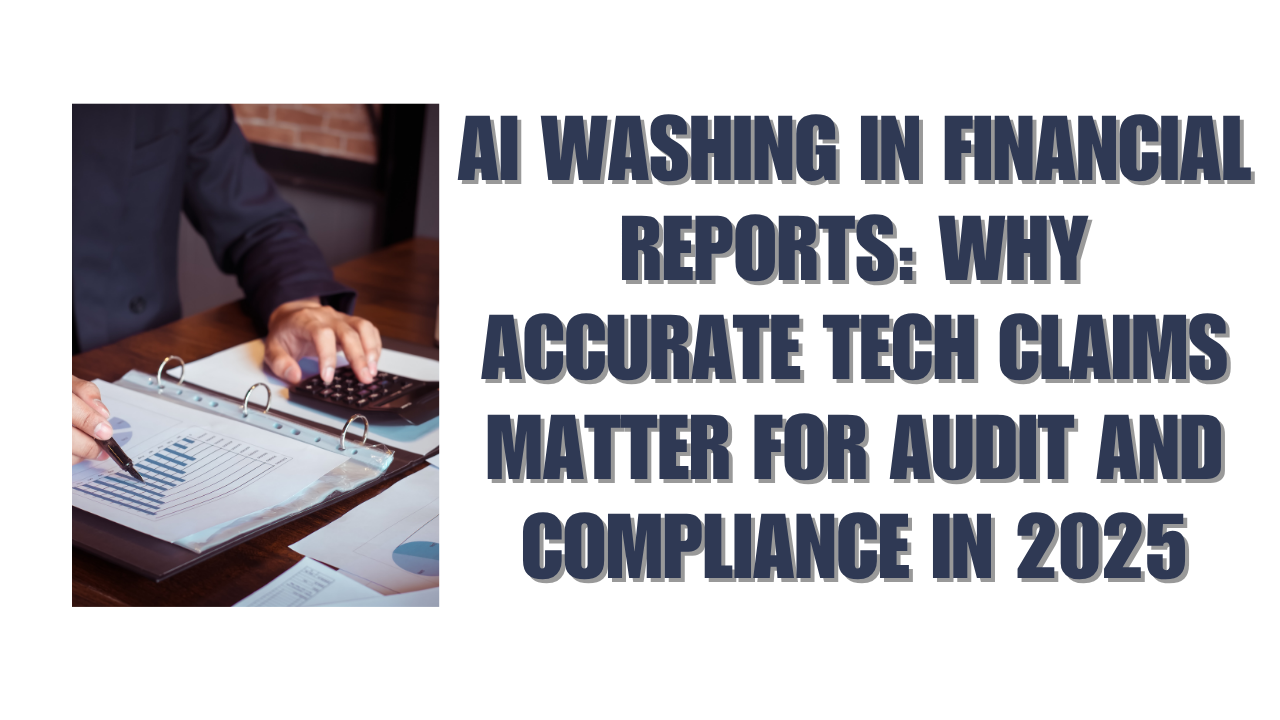When businesses or professionals handle money on behalf of clients, the trust placed in them is not just personal—it’s legal and financial. One of the strongest systems in place to protect this trust is the trust account audit. This independent review helps ensure that client funds are held, recorded, and used in a transparent and compliant manner.
Whether you’re in legal practice, real estate, financial services, or a nonprofit, if you manage a trust account, an audit is more than just a box to tick—it’s a vital control to prevent errors, fraud, and reputational harm. Let’s break down what a trust account audit involves, why it’s essential, and how it protects both your business and your clients.
What Is a Trust Account Audit?
A trust account audit is an independent review of a financial account that holds money on behalf of clients or third parties. These accounts are meant to be separate from the organisation’s own funds and are used for specific purposes—like real estate deposits, legal settlements, or charitable donations. Because the funds belong to someone else, there are strict rules about how they should be managed.
The purpose of a trust account audit is to ensure these rules are being followed. The auditor will check whether funds are properly recorded, separated, and not misused. For example, they verify that the balance in the account matches what should be owed to each client. They also review how quickly deposits are made, whether payments are authorised, and whether records are clear and complete.
A trust account audit doesn’t just uncover fraud—it also highlights mistakes, missing records, or weak procedures that could lead to bigger problems. In many industries, such audits are mandatory and must be reported to regulators. But even when not legally required, they’re an excellent way to maintain transparency, improve controls, and build trust with clients.
Why Are Trust Account Audits So Important?
Trust accounts carry a high level of responsibility. When an organization holds funds for someone else, even a small error can have legal consequences. That’s why trust account audits are often required by law in sectors like legal services, real estate, and financial advising. These audits help ensure that client funds are safe, properly managed, and accounted for.
The audit serves as a check against fraud or negligence. If an employee mishandles funds, or if internal processes are weak, an audit will likely detect the issue early—before it escalates. This can save a business from regulatory penalties, lawsuits, or reputational damage.
Beyond compliance, audits promote a culture of accountability. They demonstrate to clients that their money is being managed with care and professionalism. For regulated businesses, submitting a clean audit report may even be a requirement to renew licenses or continue operations.
Additionally, the audit helps identify areas for improvement. The auditor’s recommendations might include better software, staff training, or improved processes. By following these suggestions, a firm can reduce risks, improve client satisfaction, and maintain a strong reputation in the marketplace.
Common Industries and Scenarios That Require Trust Account Audits
Trust account audits are required in several industries where client money is handled regularly. In the legal industry, for example, lawyers often hold settlement money or court-ordered payments on behalf of clients. These must be kept in separate accounts, and annual audits are generally required by law societies or bar associations.
In real estate, agents handle deposits for property purchases and rentals. These funds must be held in designated trust accounts, and agencies are required to undergo audits to ensure that deposits are recorded correctly and not used for personal or business expenses.
Financial services providers, such as wealth managers or brokers, may also maintain client trust accounts. Even nonprofits and charities can fall under audit rules if they manage large donations or grant money held in trust for beneficiaries.
In some cases, construction companies and project managers who hold funds in escrow must also comply with trust account audit requirements. Across all these sectors, the goal is the same: ensure that money is held securely and used only as intended.
Conclusion: Trust Account Audits Build Confidence and Compliance
Trust account audits are a critical part of maintaining financial integrity, especially when client money is involved. They not only meet legal and regulatory requirements but also protect organizations from mistakes, fraud, and damaged reputations. More importantly, they build trust with clients—showing that their funds are handled with care and accountability.
Whether it’s required by law or done voluntarily, conducting regular trust account audits is a smart and responsible step for any professional managing client funds. It’s not just about compliance—it’s about doing the right thing.
FAQs: Trust Account Audit
1. What is the purpose of a trust account audit?
The purpose of a trust account audit is to independently review how funds are managed in a trust account. It ensures that client money is handled separately from business funds, accurately recorded, and used only for authorized purposes. These audits help detect errors, prevent misuse, and improve trust and transparency with clients and regulators.
2. Who needs to conduct a trust account audit?
Professionals in industries like law, real estate, financial services, and nonprofit management may be required to conduct regular trust account audits. This usually applies when the organization holds money on behalf of clients, donors, or third parties. In many cases, the audit must be done by an independent and qualified auditor.
3. What happens if the trust account audit finds issues?
If the audit uncovers issues such as missing funds, poor recordkeeping, or non-compliance, the auditor will include these findings in their report. Depending on the severity, the organization may be asked to correct the problem, face fines, or even risk losing its license. Prompt action and improved controls are essential in such cases.






